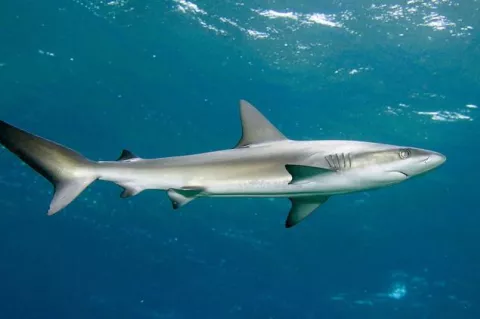Basking shark gains special protected status in Ireland
In Ireland, new regulations giving the basking shark the "protected wild animal" status under the Wildlife Act came into effect on 9 October. The order was signed by Minister of State for Heritage Malcolm Noonan, and Minister for Agriculture, Food and the Marine Charlie McConalogue. This legislation was heavily supported by the Irish Basking Shark Group (ISBG), an international network of researchers, educators, and community representatives founded in 2009.













